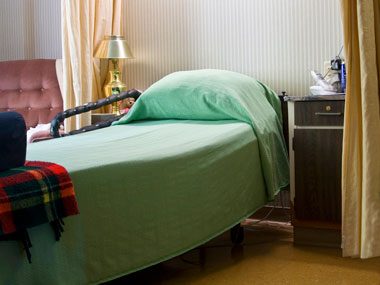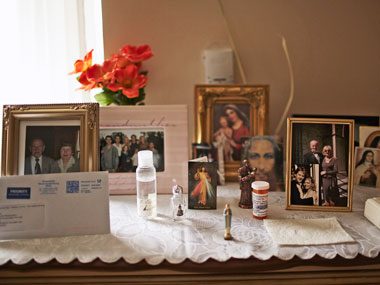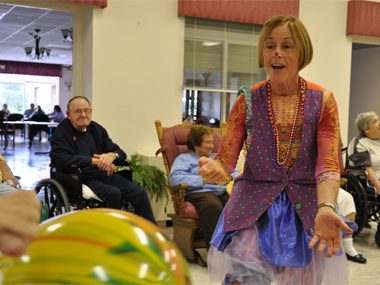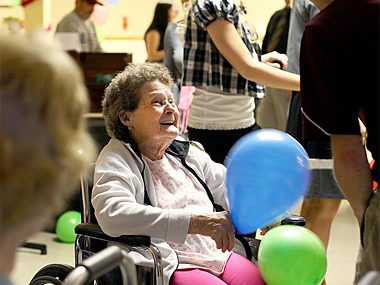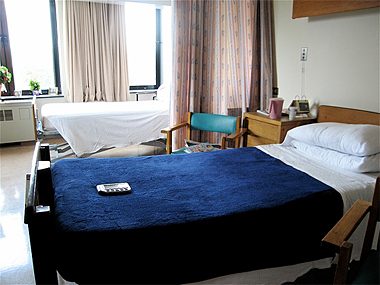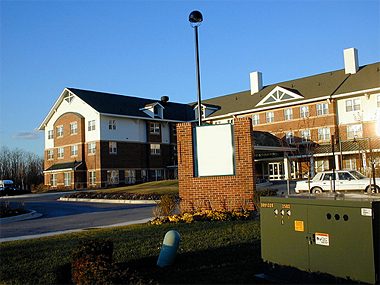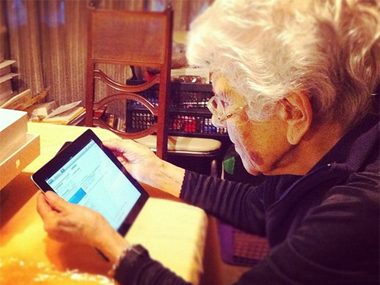NDIANAPOLIS – A woman accused of allowing a Speedway nursing home to use her license to stay open is facing discipline after investigators say a woman living there was found dead and covered in cockroaches.
According to the Indiana Attorney General’s office, Cynthia Jones of Rockville let the now-closed Roland’s Retirement Club in Speedway use her Health Facility Administration (HFA) license to continue running even though she had stopped working there in early 2015.
In Sept. 2017, Speedway Police say they found a woman dead inside one of the rooms at the facility lying on the floor with cockroaches crawling out of her mouth and nose.
Roland’s Retirement Club was closed around two months later.
The facility had nearly 30 residents at the time it shut down and police helped moved residents to other nursing homes.
In a complaint written to the Indiana State Board of Health Facility Administrators, prosecutors say Jones engaged in fraud and failed to make sure the residents of the home were receiving proper care.
A hearing on Jones’ license is set for March 27.
http://www.wibc.com/news/local-news/woman-found-dead-inside-speedway-nursing-home-leads-licensing-complaint
